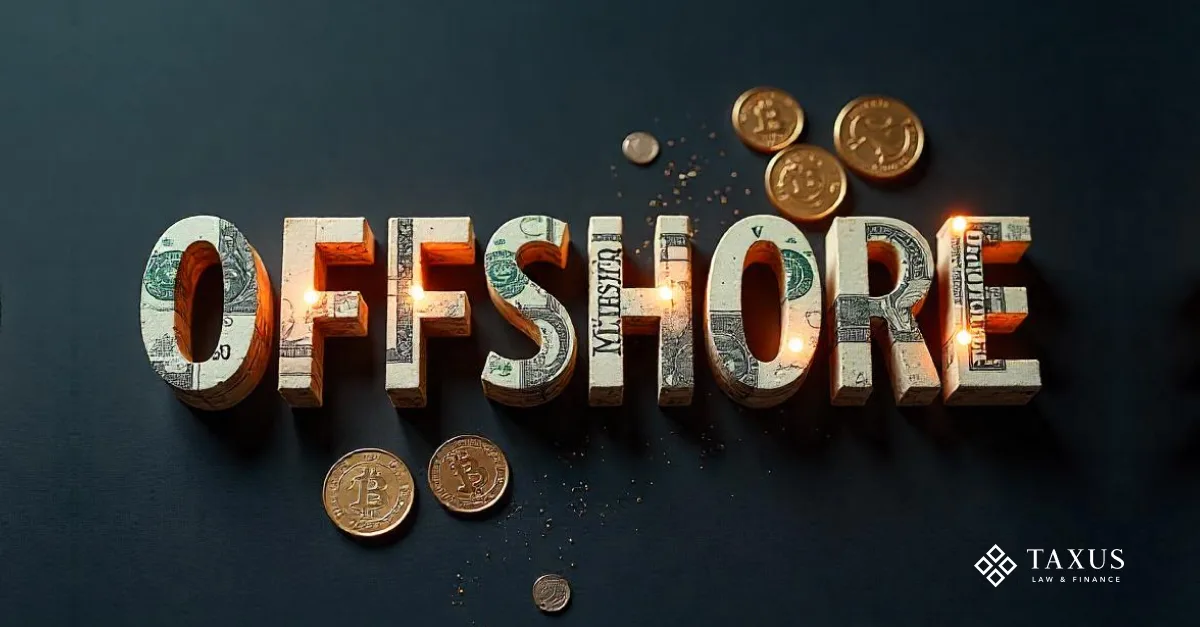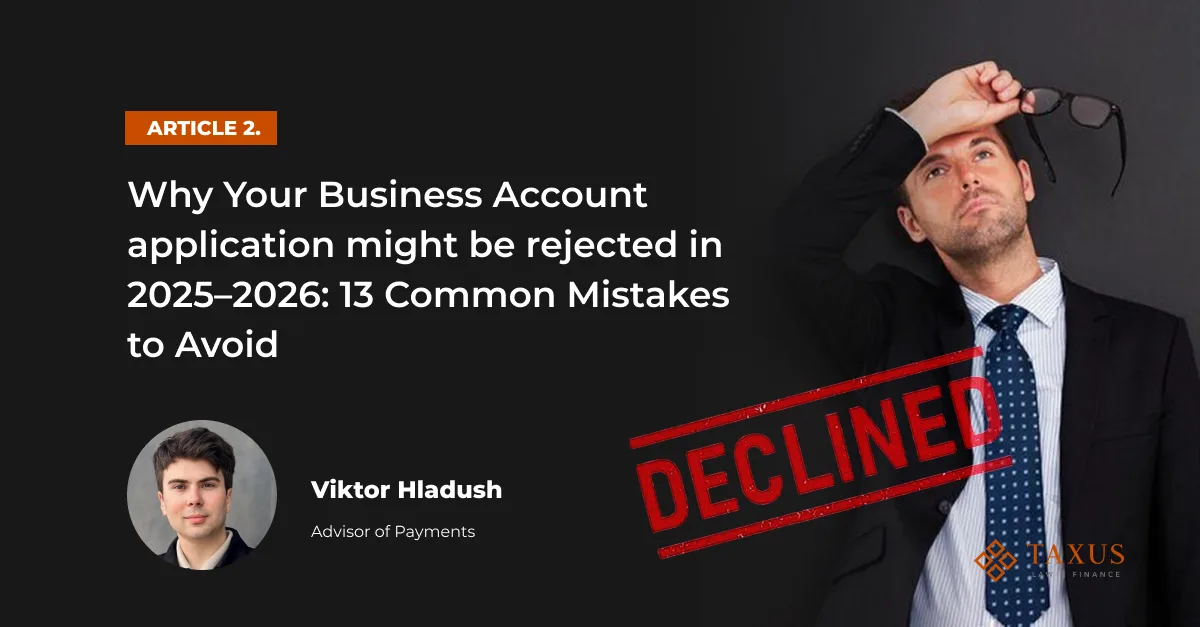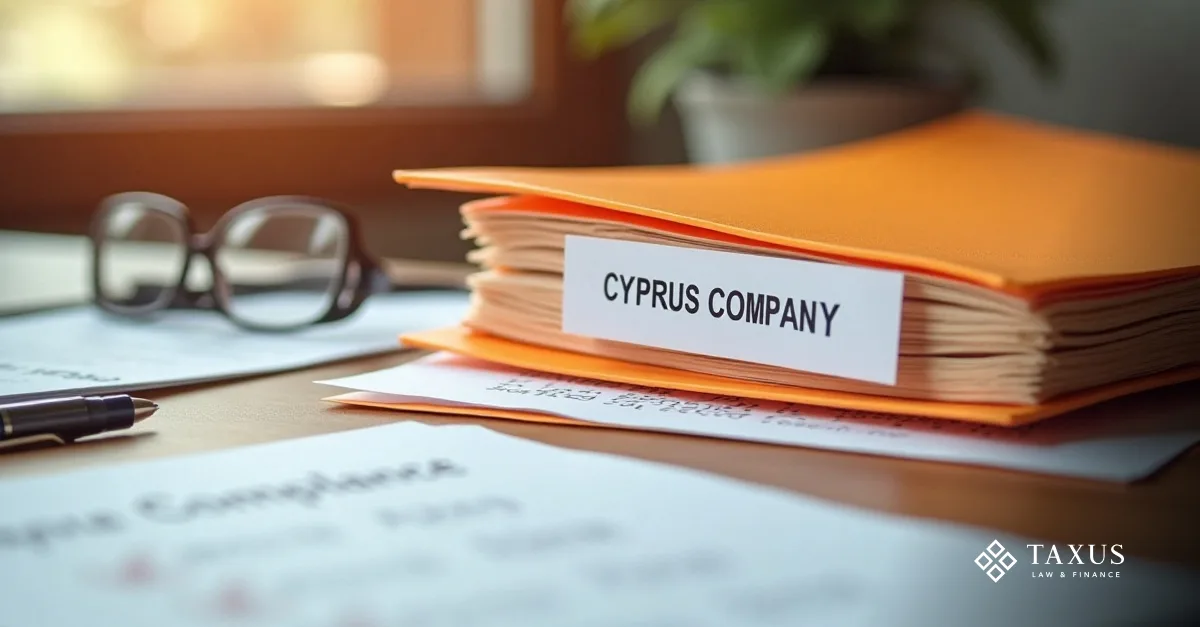

Blog
Articles and News
Stay updated with the latest articles and news for the IT industry: insights, expert advice, and analysis on legal, financial, and business matters. Keep up with key events and trends!
© Taxus DFTS Ltd 2024. All rights reserved









